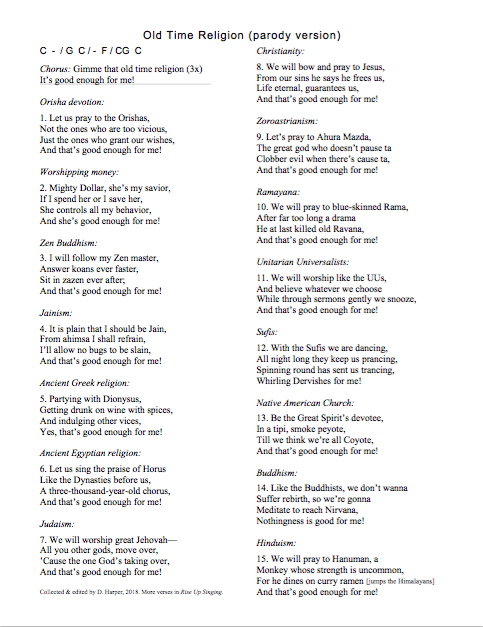What does it mean to be human? It is the fashion in liberal theology today to state that humans are embodied beings; we are not just some disembodied soul temporarily trapped in flesh; rather, you can’t separate our being from our flesh. If you want to leave any transcendent reality out of this definition, you might wind up defining humans as the entirely biological product of evolution; extreme versions of this would say that humans are nothing more than DNA that wants to replicate itself.
Now consider the fact that less than half of the cells in your body carry your human DNA. In article posted today, the BBC reports on the latest research about the human microbiome; latest estimates hold that only 43% of the cells in your body carry your DNA; the rest are “bacteria, viruses, fungi and archaea.”
This would imply that to be an embodied human means, not that you are a solitary organism, but rather you are an ecosystem. In fact, the boundaries of your ecosystem may be less well defined than you have thought. Indeed, the latest thinking in medical science is that we might want to begin monitoring the information stored in the DNA of all those organisms. The BBC quotes Rob Knight, professor at the University of California San Diego:
“It’s incredible to think each teaspoon of your stool contains more data in the DNA of those microbes than it would take literally a ton of DVDs to store. At the moment every time you’re taking one of those data dumps, as it were, you’re just flushing that information away.”
“Data dumps”? Ah yes, the Brits do seem to find ways to include poop jokes where you least expect it. But seriously, this seems to bring us back to that older definition of what it means to be an embodied human, but with a twist: to be an embodied human is still to be a collection of information encoded on DNA; but now there’s a lot more information, not just from humans but also from archaea, bacteria, viruses, etc.



